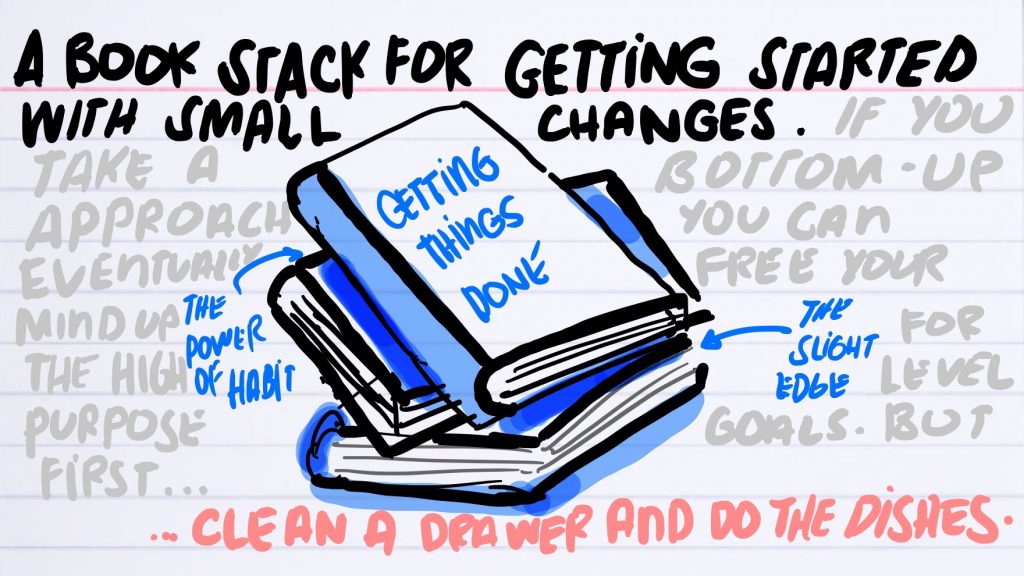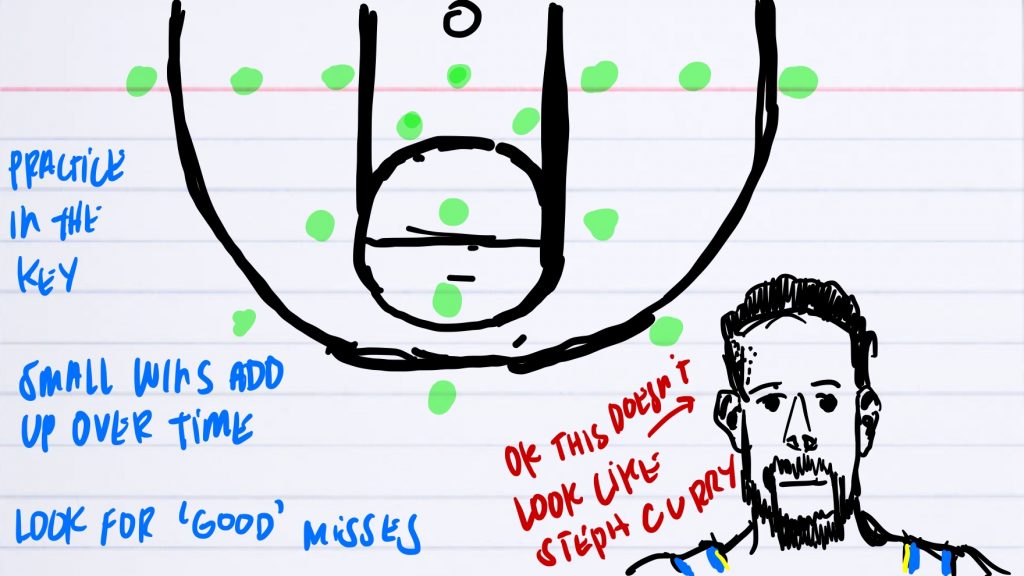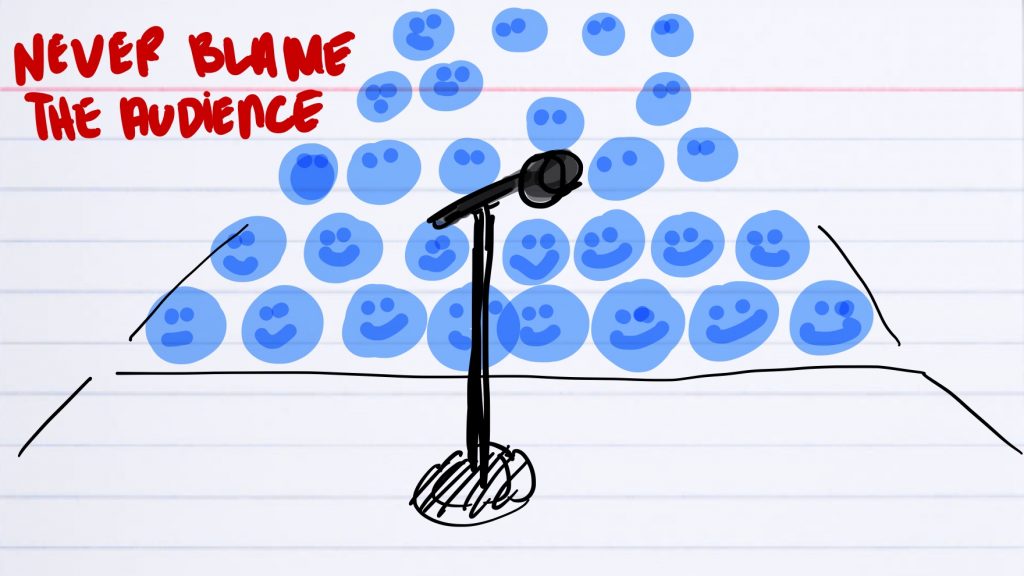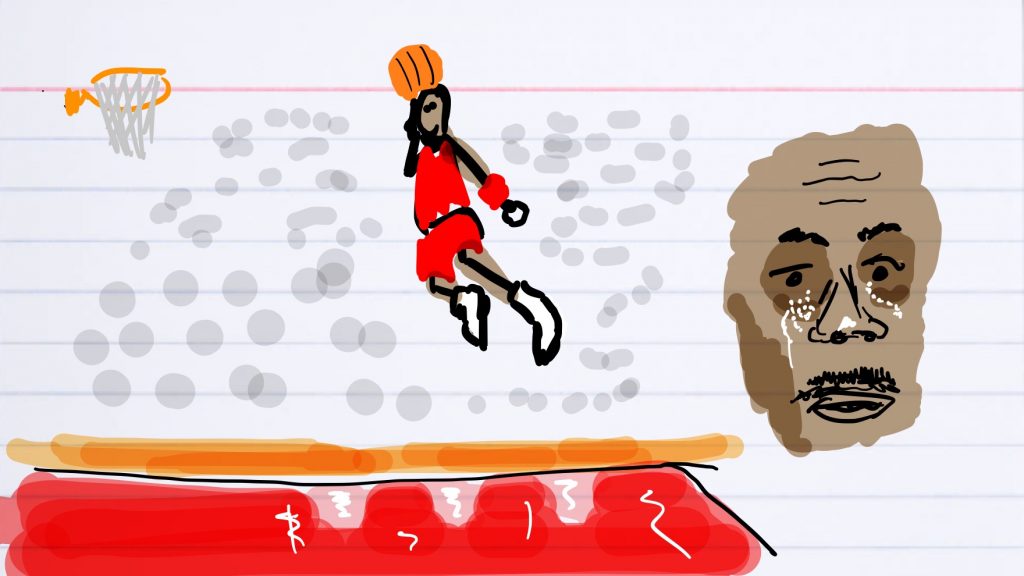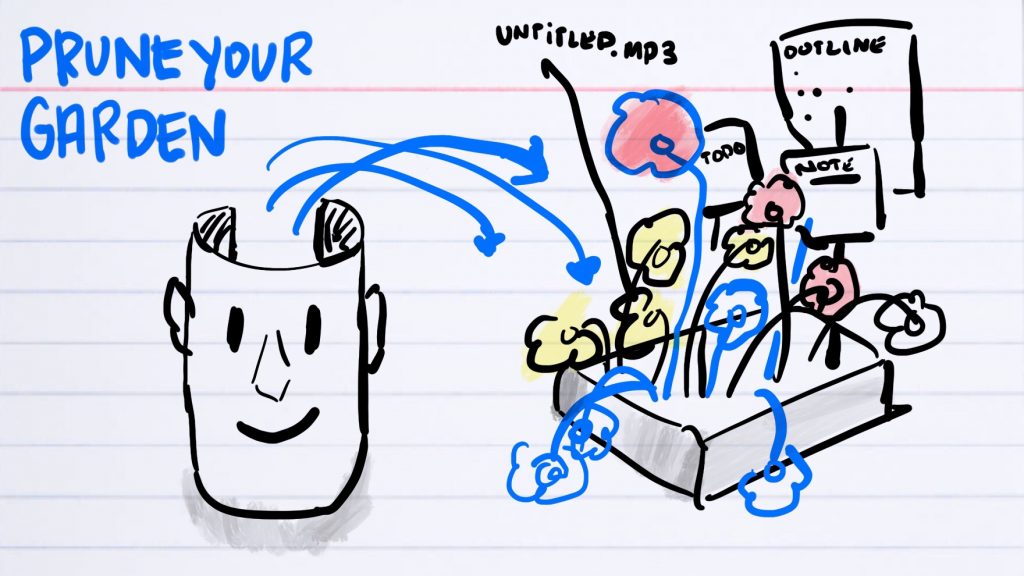To find your purpose, start with the dishes.
In the past year, I’ve continued to take action on a couple things I heard on The Knowledge Project podcast. First, I stopped feeling so guilty about abandoning books (after hearing Naval Ravikant share his approach to reading). Second, I started finding odd pleasure in doing the dishes.
That’s because of something Ed Latimore said during his appearance in reply to “What’s one habit you’ve changed recently that’s made a profound impact on you?”:
This is silly man, this is really silly but it’s true: I wash the dishes as soon as I’m done eating.
Further on:
All I’ve done is a small thing but I’ve relieved so much. Maybe that is a sign of how cool life is these days. That like, that little hijack makes such a big difference. But I think the bigger lesson is that if you take advantage of inertia, and just do things when you’re already moving so you don’t have to start, restart, start, restart. Your life will be a lot easier. You won’t have to think about motivation to do the dishes, or clean your room, or do your homework, or go running.
You’re searching for your purpose in life. So am I. You can start with why, but it might be hard to get to the 4th and 5th why if your immediate surroundings are in disarray.
David Allen wrote Getting Things Done: The Art of Stress-Free Productivity. He knows a thing or two about teaching other people how to get things done. Here’s what he has to say about starting from the bottom:
“Intellectually, the most appropriate way ought to be to work from the top down, first uncovering personal and organizational purpose and vision, then defining critical objectives, and finally focusing on the details of implementation. The trouble is, however, that most people are so embroiled in commitments on a day-to-day level that their ability to focus successfully on the larger horizon is seriously impaired. Consequently, a bottom-up approach is usually more effective.”
David Allen also suggests organizing a drawer if you’re ever stuck. It’s probably bugging you a little bit anyway, and you’ll very quickly think of better things to do.
Before you go on organizing your entire life, start with a drawer. The small things add up. It’s important to remember that small bad things also add up. Day to day, the good choice is only a tiny bit more effort than the bad choice. But that tiny bit is enough to stop you.
In The Slight Edge: Turning Simple Disciplines into Massive Success and Happiness, Jeff Olson explains how it adds up:
“The truth is, what you do matters. What you do today matters. What you do every day matters. Successful people just do the things that seem to make no difference in the act of doing them and they do them over and over until the compound effect kicks in.”
Alright, so you know it’s important to start small. You knew that before you started reading this. We know that first piece of cake is enough and maybe we don’t need the second and third. But it tastes good.
So how do you stop yourself day to day? First understand how bad habits work. In The Power of Habit: Why We Do What We Do in Life and Business, Charles Duhigg explains that it’s a loop:
“This process within our brains is a three-step loop. First, there is a cue, a trigger that tells your brain to go into automatic mode and which habit to use. Then there is the routine, which can be physical or mental or emotional. Finally, there is a reward, which helps your brain figure out if this particular loop is worth remembering for the future: THE HABIT LOOP Over time, this loop—cue, routine, reward; cue, routine, reward—becomes more and more automatic.
That loop works for bad habits and good habits. Get the quick wins in. Look for small bad habits and figure out which part you can easily change.
It might be removing the cue. You keep a jar of candy on the counter? Well, toss that jar in a cannon and shoot it into the ocean.
You can try changing the routine. Put a padlock on the jar. Add a little bit of friction so you can be a little more mindful about what you’re indulging in.
Maybe you can change the routine. Fill the jar with something very healthy that chews like cardboard. (Don’t you wish you just shot it into the ocean?)
In any case, it’s okay if you aren’t making life changing decisions and finding a new life purpose every day. Start small.
Clean a drawer. Do the dishes. It’ll add up.
